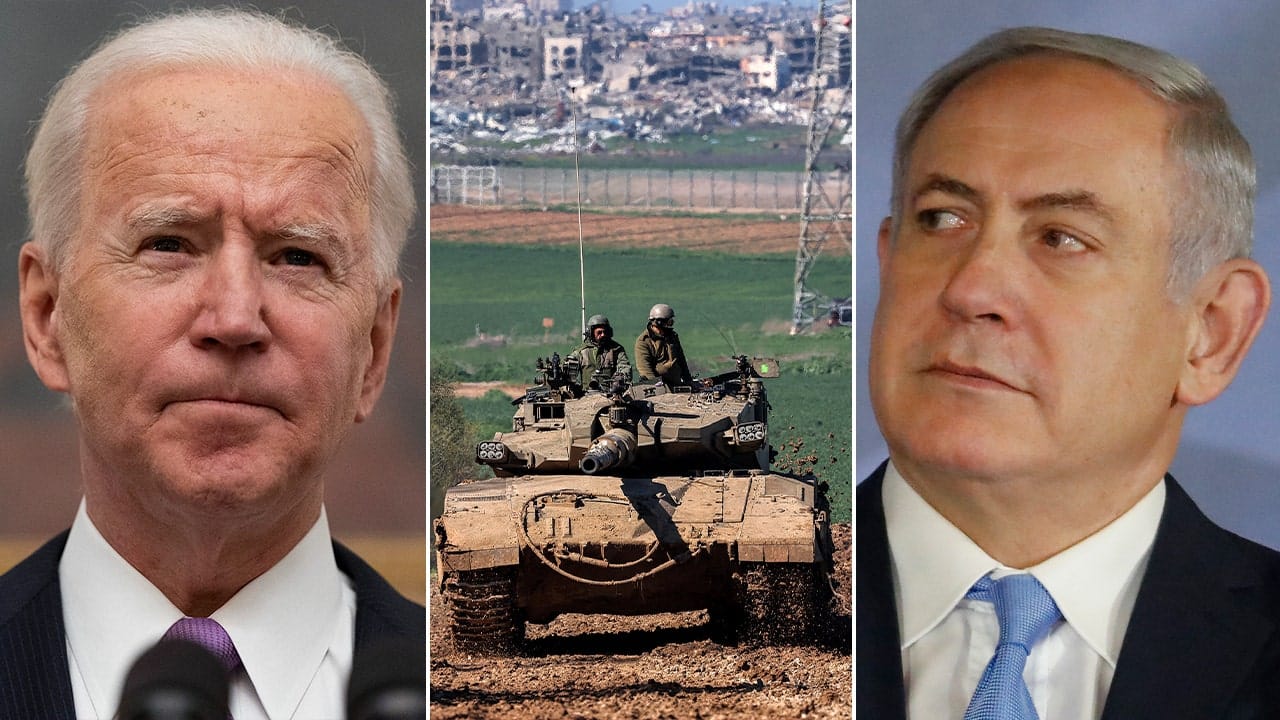The European Union (EU) is preparing for a significant meeting of its foreign ministers at the end of this month, where the primary focus will be on the potential relief of sanctions imposed on Syria. This discussion is particularly timely given the ongoing humanitarian crisis in the country, which has been exacerbated by years of civil conflict and the recent impacts of natural disasters, including the devastating earthquakes earlier this year.
The sanctions currently in place against Syria were implemented in response to the actions of the Syrian government under President Bashar al-Assad, particularly regarding human rights violations and the use of chemical weapons against civilians. These measures have included asset freezes, travel bans, and restrictions on trade, particularly in sectors that could benefit the Assad regime. However, the humanitarian situation in Syria has reached alarming levels, with millions of people in need of assistance. The EU has been under increasing pressure to reassess its stance on sanctions, especially in light of the urgent need for humanitarian aid.
During the upcoming meeting, EU foreign ministers will evaluate the effectiveness of the current sanctions regime and consider whether adjustments are necessary to facilitate humanitarian access. The discussions will likely involve a careful examination of the implications of sanctions relief, weighing the potential benefits for the Syrian population against the risks of empowering the Assad government. The ministers will also consider the perspectives of various stakeholders, including humanitarian organizations that have been advocating for increased access to aid.
The humanitarian crisis in Syria is dire, with over 14 million people estimated to be in need of assistance. Access to basic necessities such as food, clean water, and medical care remains severely limited, particularly in areas controlled by the government. The EU has been a significant provider of humanitarian aid to Syria, but the effectiveness of this aid is often hampered by the existing sanctions, which can complicate the delivery of assistance.
In recent months, there has been a growing recognition among some EU member states that a more nuanced approach may be necessary. Countries such as Italy and Spain have expressed support for exploring options that would allow for the delivery of humanitarian aid without undermining the broader goals of the sanctions. This shift in perspective reflects a broader debate within the EU about the balance between maintaining pressure on the Assad regime and addressing the urgent needs of the Syrian population.
The upcoming meeting will also take into account the geopolitical context surrounding Syria. The involvement of various international actors, including Russia and Iran, has complicated the situation, and the EU must navigate these dynamics carefully. The ministers will likely discuss the implications of any potential changes to sanctions on the EU’s relationships with these countries, as well as the broader implications for regional stability.
In addition to the humanitarian considerations, the EU foreign ministers will also need to address the political dimensions of the situation in Syria. The ongoing conflict has created a complex landscape, with various factions vying for power and influence. The EU has long called for a political solution to the crisis, and any discussions about sanctions relief will need to be framed within the context of promoting a sustainable peace process.
As the meeting approaches, there is a palpable sense of urgency among EU officials and humanitarian organizations alike. The need for a coordinated response to the crisis in Syria has never been more pressing, and the decisions made by the foreign ministers could have far-reaching consequences for the millions of people affected by the conflict. The outcome of the discussions will be closely watched, not only within the EU but also by the international community, as it may set the tone for future engagement with Syria.
In conclusion, the upcoming meeting of EU foreign ministers represents a critical juncture in the ongoing response to the humanitarian crisis in Syria. As they gather to discuss the potential relief of sanctions, the ministers will need to carefully consider the implications of their decisions for both the Syrian population and the broader geopolitical landscape. The balance between humanitarian needs and political objectives will be at the forefront of their discussions, as they seek to navigate a path forward in a complex and challenging environment.

